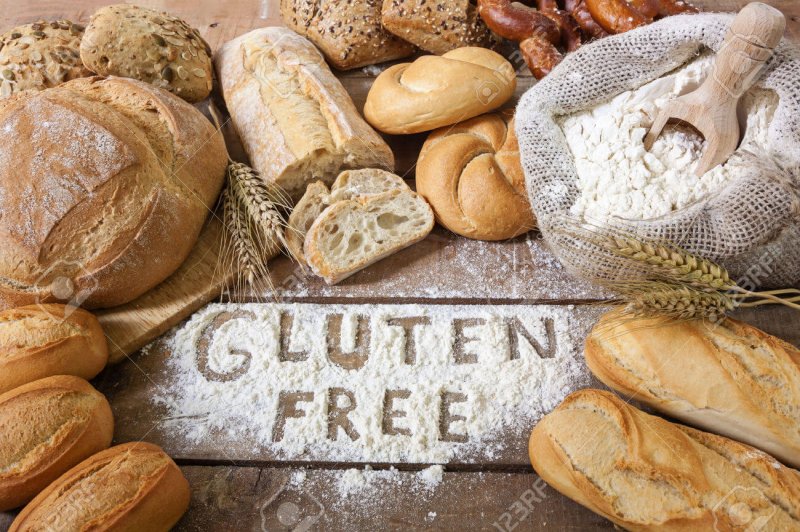People forced to avoid gluten could soon have their bread (and cake) and eat it. Now there are strains of wheat that do not produce the forms of gluten that trigger a dangerous immune reaction in as many as 1 in 100 people.
Because the new strains still contain some kinds of gluten, though, the wheat can still be used to bake bread. “It’s regarded as being pretty good, certainly better than anything on the gluten-free shelves,” says Jan Chojecki of PBL-Ventures in the UK, who is working with investors in North America to market products made with this wheat.
…
Not all gluten proteins trigger [a response]: the main culprit is a group called gliadins. So Francisco Barro’s team at the Institute for Sustainable Agriculture in Cordoba, Spain, set about getting rid of them.
They used a genetic modification technique to remove 90 percent of the gliadins in wheat. They did this by adding genes that trigger a process called RNA interference, which stops specific proteins being made. But because the gliadin genes themselves remain intact, in theory, there is a risk that the wheat could start making the crucial proteins again.
So Barro’s team next tried using CRISPR gene-editing to get rid of the genes entirely.
…
More genes need to be disabled before the CRISPR strain is ready for testing, but it should be worth all the effort: the team have already shown that the GM wheat strain makes an acceptable bread.
[Read the full study (behind paywall)]
The GLP aggregated and excerpted this article to reflect the diversity of news, opinion and analysis. Read full, original post: Genetically-modified wheat used to make coeliac-friendly bread































